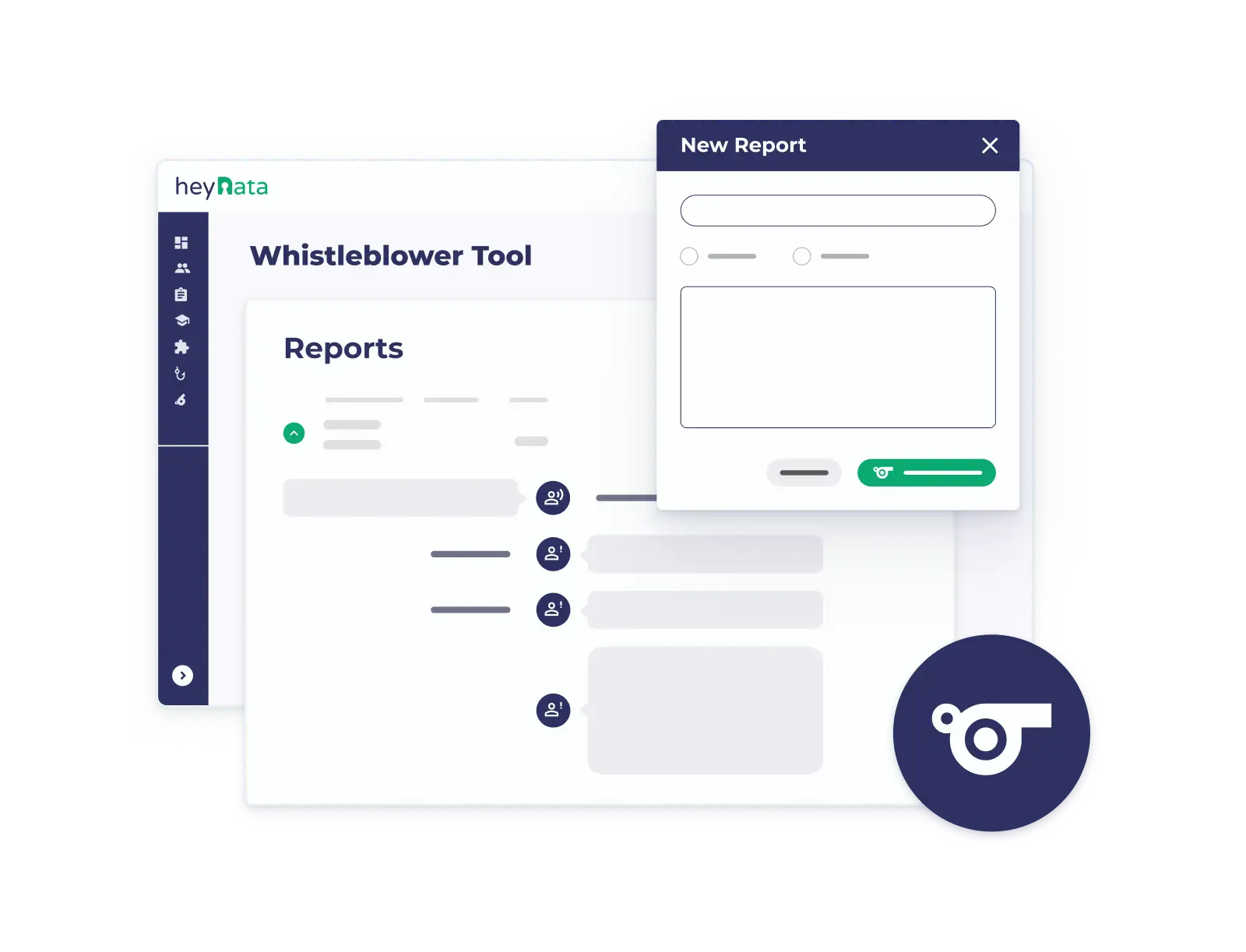Table of contents

What is a Website Privacy Policy?
A website's privacy policy is key to maintaining privacy and building trust in the digital age.
It is a written foundation that informs visitors about how their personal data is collected, used, and protected. In particular, it explains what types of data are collected, how they are used and how visitors can exercise their rights in relation to their data.
Is a Privacy Policy Required by Law?
Yes, a privacy policy on your website is required by law in many countries. In particular, countries belonging to the European Union are governed by the General Data Protection Regulation (GDPR), which sets out clear requirements for data protection.
The GDPR places a strong emphasis on transparency and information requirements for visitors to your website. The regulation requires that your website inform visitors about what personal data is collected, how it is processed, and for what purpose. You must also inform visitors about their rights regarding their data.
Even if you are not based in the EU, you may still be affected by the GDPR requirements. If your website collects personal data from EU citizens or you target EU citizens, you should take GDPR compliance seriously and provide a comprehensive privacy policy.
It is important to note that the exact requirements may vary depending on the country and region. It is recommended that you consult a legal professional to ensure that your privacy policy complies with the applicable laws and meets their specific requirements.
In any case, it is advisable to provide a privacy policy on your website, both to comply with legal obligations and to gain the trust of your visitors by giving them clear information about how you handle their data.

What Should a Privacy Policy Include?
The privacy policy must transparently disclose all aspects of the collection, processing and use of personal data. This includes, among other things, the processing of IP addresses, browser data, cookies, the use of web analysis tools such as Google Analytics and the integration of social media plug-ins.
Types of Collected Data
There are various types of data that can be collected by a website and are mentioned accordingly in a data protection declaration:
- Personal data: This is information that relates to an identified or identifiable natural person. This includes name, address, email address, telephone number, date of birth, and other similar information.
- Communication data: This includes information collected during communication between the provider and visitors via the website, such as e-mails, chat logs, or comments.
- Device data: This is information about the device used by the user when visiting the website, such as browser type, operating system, or hardware.
- Usage data: This data is used to collect information about how visitors interact with the website, such as pages visited, content viewed, clicks, time spent, and search queries.
- Location data: This is information about your geographical location, either based on the IP address or through GPS or similar technologies.
- Payment Data: If the user makes payments on the website, payment data such as credit card information or other payment details may be collected.
It is important to note that not all of the above data types are collected on every website. The actual types of data collected depend on the type of website, the services offered, and the interactions between users and the website.
What needs to be included in the Privacy Policy if I want to use cookies?
If you intend to use cookies on your website, it is not enough to include a general notice in your privacy policy. Instead, you must inform visitors to your website in detail about your cookie policy. You should also distinguish between the different types of cookies. The following points should be included in your cookie banner:
- Explanation of cookies and their different types.
- Clarify whether the cookies are transmitted to the user's browser from your server or from an external (third-party) server.
- Describe the purposes and methods of using cookies, e.g. pseudonymous reach measurement.
- Improve the user-friendliness and security of the website and store access data.
- Specify the tools, plug-ins and services used, such as analysis tools.
- Information on how visitors can prevent cookies from being set, e.g. through browser settings or opt-out options.
- Determining the retention period for the collected data

Get your free privacy policy checklist!
Our free checklist will help you cover all the important aspects of the privacy policy!
Use of Social Media Plug-ins
If you use social media plug-ins on your website, you should include them in your privacy policy. Integrating Facebook “Like” buttons or sharing content on other social media channels can lead to greater reach and advertising impact, but there are also data protection issues to consider that affect your visitors.
When using social media plug-ins, data is transferred directly from users' browsers to the servers of LinkedIn, Facebook, Twitter and similar platforms. This happens not only when your users are connected to these platforms, but also when they do not have their own account on these platforms.
To ensure data protection, it is advisable to include all social media plug-ins in your privacy policy. Explain:
- which tools, plug-ins and services you use
- what personal data is collected and transmitted by users during the process
- how the data processing works
- how users can prevent their personal data from being linked to their social media accounts
Please also note the privacy policies of the respective platforms, such as the LinkedIn's privacy policy.
Including this information in your privacy policy will help you explain to your users the impact of social media plug-ins on their data and enable them to take steps to protect their privacy if necessary.
Hear it From Our Customers
FAQ
It is not recommended to simply copy a privacy policy from another website. Each website has its own requirements and practices for handling personal data. A generic privacy policy may not meet your specific needs and may have legal consequences. It is advisable to create a customised privacy policy for your website.
It is important to regularly review and update your privacy policy to ensure that it complies with current legal requirements and reflects your business practices. Changes in the way you collect or use personal data should be communicated transparently in your privacy policy.
If you want to use Google Analytics to collect data about your website visitors, there are some privacy issues you should be aware of. Here are some important points:
- Update your privacy policy: Make sure you are clear and transparent about the types of data you collect with Google Analytics, how you use it, and how visitors can exercise their privacy rights.
- Anonymise the IP address: Google Analytics collects the IP addresses of visitors by default. To ensure the anonymity of users, you must activate the IP anonymisation function in Google Analytics. This function removes part of the IP address before processing.
- Order processing contract: If you use Google Analytics, you as the website operator are responsible for the processing of the data. Make sure you have a data processing agreement with Google to ensure that your data is processed in accordance with applicable data protection laws.
- Limit data transfers: Avoid submitting personal data to Google Analytics. Ensure that no sensitive data is collected or sent to Google Analytics.
- Limit data storage: Check the settings of your Google Analytics account and make sure that you only store data for as long as it is necessary for your analysis purposes.





